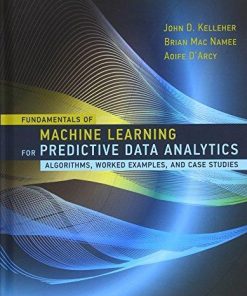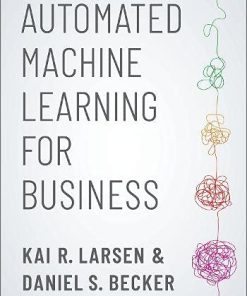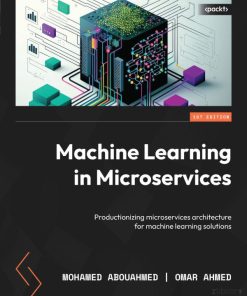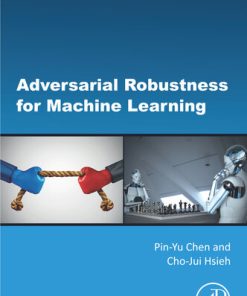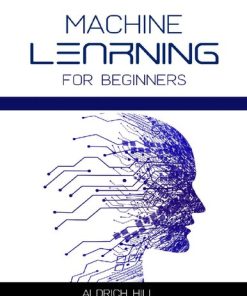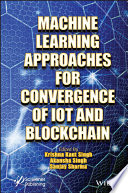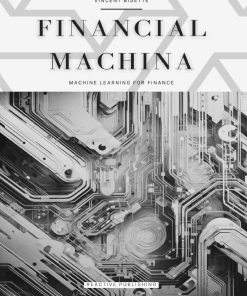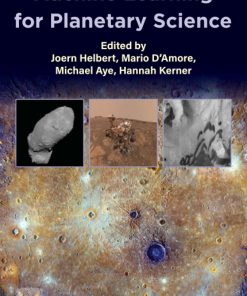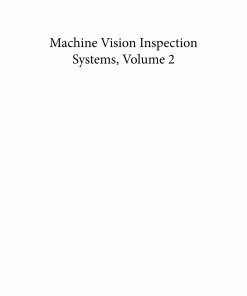(Ebook PDF) Machine learning approaches for prediction of fine grained soils liquefaction 1st edition by Mustafa Ozsagir, Caner Erden, Ertan Bol, Sedat Sert, Aşkın Ozocak full chapters
$50.00 Original price was: $50.00.$25.00Current price is: $25.00.
Machine learning approaches for prediction of fine-grained soils liquefaction 1st edition by Mustafa Ozsagir, Caner Erden, Ertan Bol, Sedat Sert, Aşkın Ozocak – Ebook PDF Instant Download/Delivery
Full dowload Machine learning approaches for prediction of fine-grained soils liquefaction 1st edition after payment.
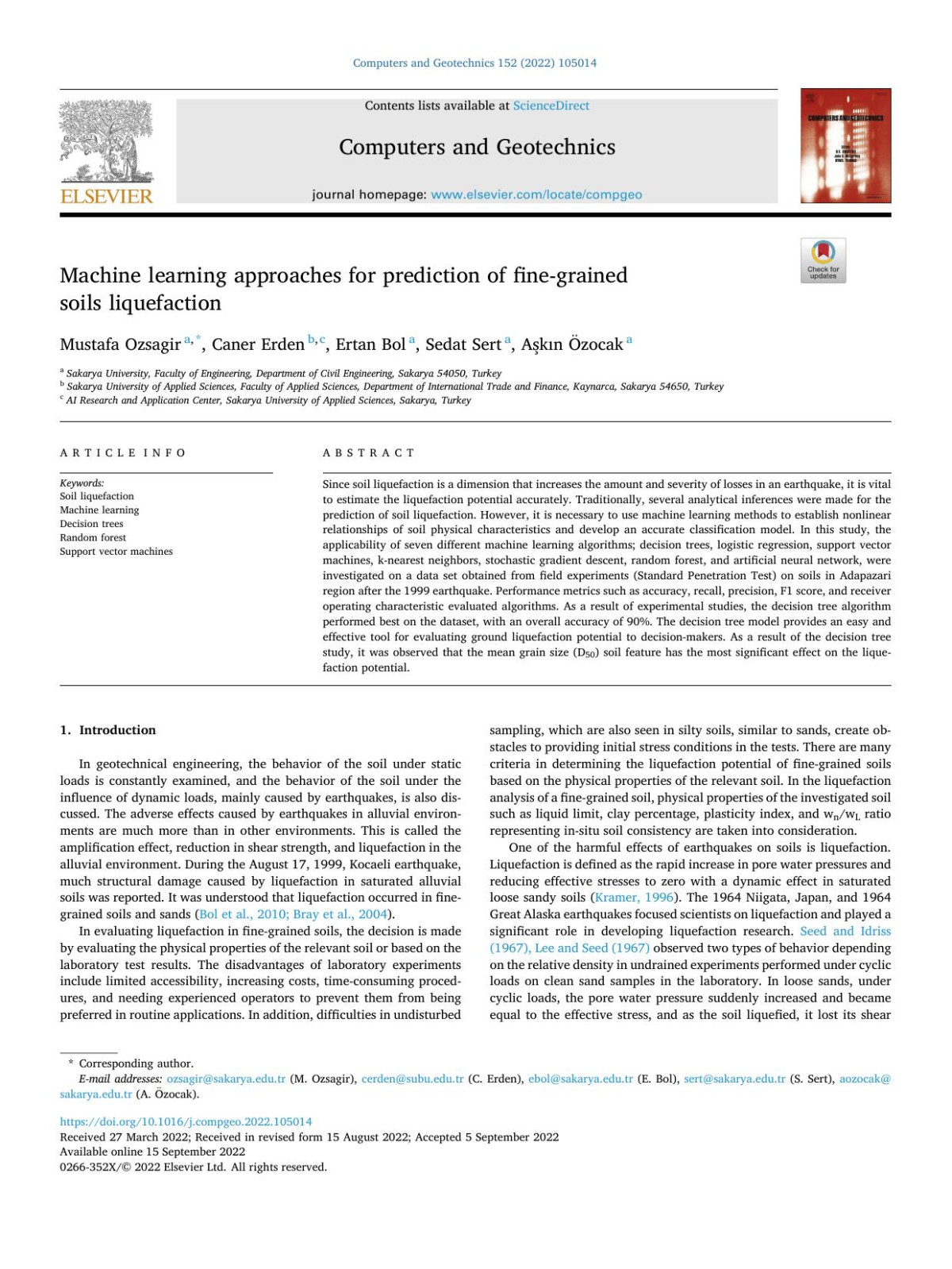
Product details:
Author: Mustafa Ozsagir, Caner Erden, Ertan Bol, Sedat Sert, Aşkın Ozocak
Since soil liquefaction is a dimension that increases the amount and severity of losses in an earthquake, it is vital to estimate the liquefaction potential accurately. Traditionally, several analytical inferences were made for the prediction of soil liquefaction. However, it is necessary to use machine learning methods to establish nonlinear relationships of soil physical characteristics and develop an accurate classification model. In this study, the applicability of seven different machine learning algorithms; decision trees, logistic regression, support vector machines, k-nearest neighbors, stochastic gradient descent, random forest, and artificial neural network, were investigated on a data set obtained from field experiments (Standard Penetration Test) on soils in Adapazari region after the 1999 earthquake. Performance metrics such as accuracy, recall, precision, F1 score, and receiver operating characteristic evaluated algorithms. As a result of experimental studies, the decision tree algorithm performed best on the dataset, with an overall accuracy of 90%. The decision tree model provides an easy and effective tool for evaluating ground liquefaction potential to decision-makers. As a result of the decision tree study, it was observed that the mean grain size (D50) soil feature has the most significant effect on the liquefaction potential.
People also search for Machine learning approaches for prediction of fine-grained soils liquefaction 1st:
machine learning approaches for the prediction of materials properties
a benchmark of machine learning approaches for credit score prediction
machine learning based approaches for disease gene prediction
deep learning approach for prediction and classification of potable water
machine learning approach for predicting the rainfall
You may also like…
Computers - Artificial Intelligence (AI)
Uncategorized
Computers - Cryptography
Machine Learning Approaches for Convergence of IoT and Blockchain
Business & Economics - Professional Finance




